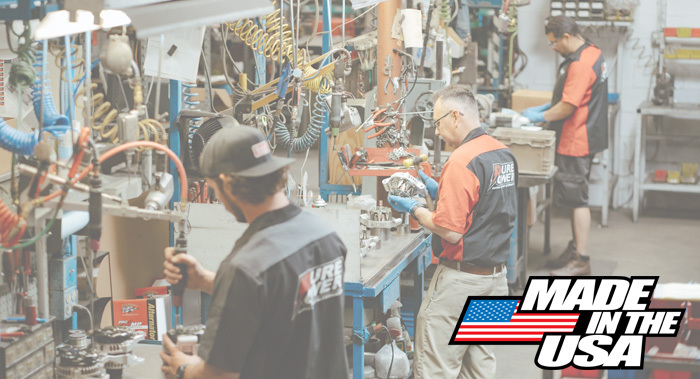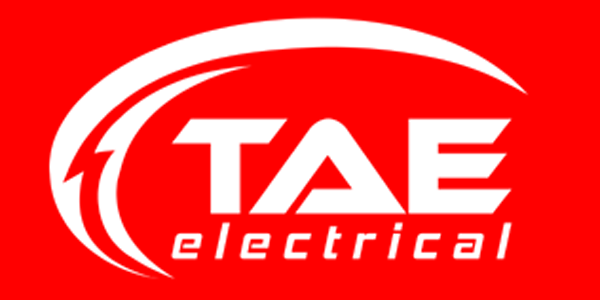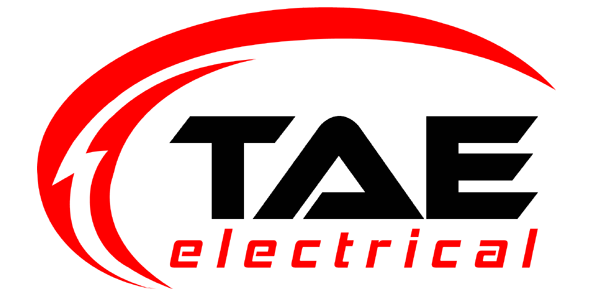How Does a High Output Alternator Affect Your Car?
No matter where you live or what type of vehicle you drive, a non-starting vehicle is one of the worst things that can happen to any car owner. We all know the feeling of turning the key, only to be met with the empty clicking sound of a dead battery, and the sinking feeling that happens afterward! This can be due to many factors, with an underpowered alternator being one of the major causes.
The best way to avoid this unpleasant and inconvenient situation is to upgrade your alternator, which is one of the most effective and economical modifications you can do for a vehicle. A high output alternator will provide more power for your vehicle, ensure it runs more consistently, and prevent issues like stalling, dead batteries, or accessories not functioning properly. In this article, we’ll look at all the ways installing a high output alternator will affect your vehicle and some of the reasons you may want to consider upgrading from a standard alternator.
What Is a High Output Alternator?
An alternator is, essentially, a small electromagnetic generator contained within your vehicle that transfers mechanical rotational energy into electrical energy that the car uses to keep the headlights on, air conditioning running, battery charging, and any other system that runs off electricity working correctly. This is especially critical for diesel trucks and vehicles with modifications like sound systems or LED lights, although any vehicle can suffer from alternator issues or benefit from an upgrade.
The primary two parts of an alternator are the stator and the rotor. A stator is a series of copper wire coils surrounding the rotor, which is where the electrical charge is produced, and the rotor is a rotating magnetic core, sometimes called a flywheel. The rotor is attached to the drive system through the alternator pulley or serpentine belt, which causes it to spin rapidly and creates the movement necessary to produce the charge.
The output is controlled by an AVR, or automatic voltage regulator, which keeps the alternator from supplying too much current, which could damage the vehicle. It’s important to understand that a high output alternator can never supply too much current, as it is only allowed to send current that is needed, and no more.
While the basics of this design remain the same, a high output alternator is simply capable of handling and producing more charge, which is essential for certain vehicles or to maintain peak performance. For example, if you have a truck with a winch on it, a stock alternator will have a very hard time producing enough current to work it, meaning that you are liable to end up with a dead battery and a vehicle that won’t start after using it. Similarly, if you have a loud sub-system that draws a lot of power, you’ll need an upgraded alternator to handle the power needs.
How Will a High Output Alternator Affect My Vehicle?
The main thing that you will notice is that your car works more reliably, starts easier, charges the battery more, maintains working accessories better, and doesn’t stall out as much. These positive effects are why upgrading your alternator is so important, especially for modified, specialty, or racing vehicles.
One important thing to remember is that due to the higher charge flowing from it, a high output alternator will often require you to change out the charge wires and ground straps with a thicker or higher gauge. This will prevent you from burning out any wires or connections or damaging the engine. Besides this one simple change, the effects of a high output alternator are uniformly positive, and there really aren't any bad effects that occur due to a performance or high output alternator being installed.
Mostly, you will just notice that your vehicle starts every time, and all your upgrades, accessories, or modifications work properly. That’s why, before beginning an upgrade to your vehicle, it’s critical to examine your power draws and needs, and see if the stock alternator can supply it. If it’s close, you will want to look into upgrading this part first, before installing other systems like lights, speakers, winches, etc.
Upgrading your alternator has other positive benefits, too. For example, upgrading your alternator can even help you save on fuel costs by making the vehicle run more efficiently. If you’re experiencing frequent dead battery issues, stalling, malfunctioning accessories, battery warning lights on the dashboard, strange sounds coming from under the hood, or trouble starting the car, then the alternator could be the likely culprit.
Upgrading is a simple, economical fix for these problems, and will leave you with a vehicle that runs more reliably, drives more smoothly, and lasts longer than other vehicles. If you’re thinking about upgrading the systems or accessories in your car, want it to run the best it can, or are experiencing any of the above issues, it’s time to look into upgrading the alternator.

NEED HELP? CALL US 1-520-622-7395
FAST SHIPPING
Orders placed by 2pm EAST will be processed same day








